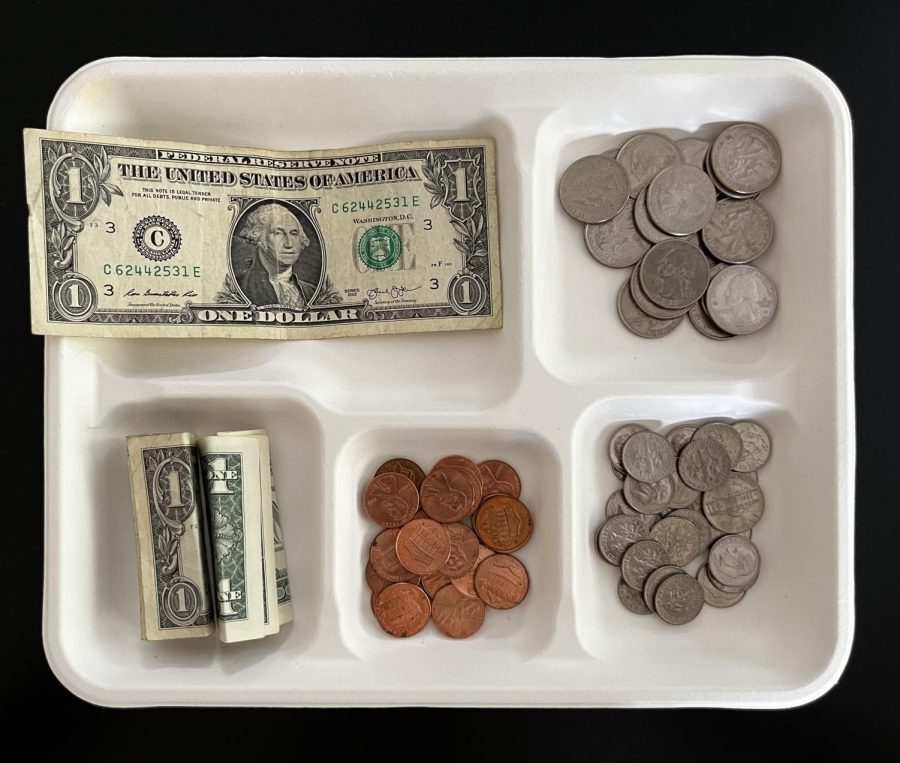Lunch price increase, raise accessibility concerns
School lunch price rises to $3.00 and breakfast rises to $1.50.
September 23, 2022
In a back-to-school newsletter in July, Principal Dr. Betsy Bockman informed Midtown families school meals are no longer free. School lunch will now cost $3 and breakfast $1.50.
Some students still qualify for free or reduced fee meals through a Federal Eligibility Application. Parents are encouraged to fill out this application for their students, even if they are not eligible because it raises money for the school. While applying provides students with lunch at no cost, English teacher Erin Aube thinks this action is easier said than done.
“My concern is that the students who would qualify for free and reduced lunch might be uncomfortable applying for it, or even if they did apply for it, using it,” Aube said. “Instead of coming up with the money, they’re just going to go hungry.”
Aube doubts that a parent would decide not to utilize the form. Aube’s concern is that students will associate a sense of shame with receiving free lunch.
“Speaking as a parent, I don’t think a parent would choose not to sign their child up for free lunch; I think that a child would choose not to get free lunch out of fear of being ostracized or ridiculed,” Aube said.
Sophomore London Jones thinks the inability to afford school lunch is an uncomfortable conversation some students might not want to have with their peers.
“I might know someone that can’t get school lunch because of how much it costs, but they wouldn’t tell me,” Jones said. “This could affect the families of people from lower-income areas.”
While there is a population of students who don’t eat school lunch because it’s unaffordable, other students decide not to eat it because of their perceptions of the quality of the food. Jones thinks that the price of lunch does not match what students are provided.
“I don’t want to get school lunch because it’s just so expensive for what it is,” Jones said. “It does not taste that bad, but it is definitely not worth $3. All you get is a slice of pizza and an apple with no other sides.”
The Federal Eligibility Application may increase funding for the school and its technology while decreasing the cost of college applications and ACT, SAT and AP test fees. The change in school breakfast and lunch costs may have been a way to persuade parents to fill out this application.
Jones thinks eligible students may not participate in the application. Instead, he thinks some will start to avoid lunch altogether.
“I don’t think people who need free lunch will fill out that form,” Jones said. “They might be embarrassed walking up to ask for free lunch, so they’ll probably decide not to eat.”
Aube agrees that it is unlikely many parents will fill out the form. She believes students should expect free lunch without having to apply for it.
“I think it’s important that the world of education removes as many barriers to students’ success as possible,” Aube said. “A basic human need such as food is something that students should not have to be worried about when they come to school.”







